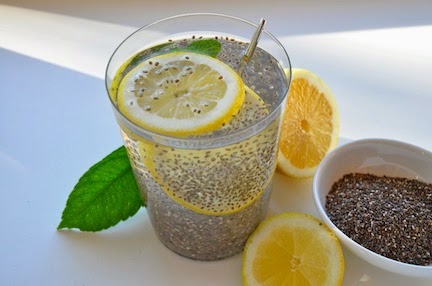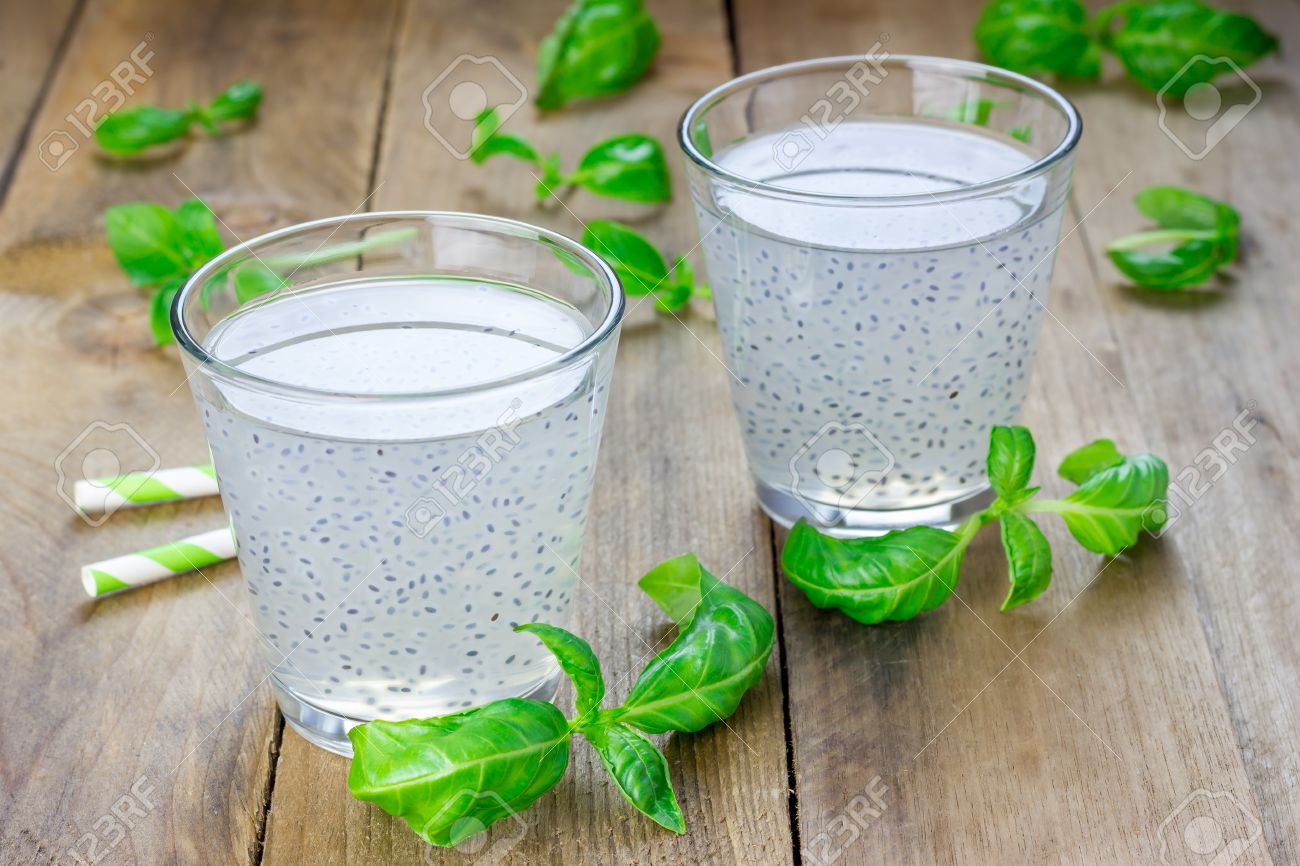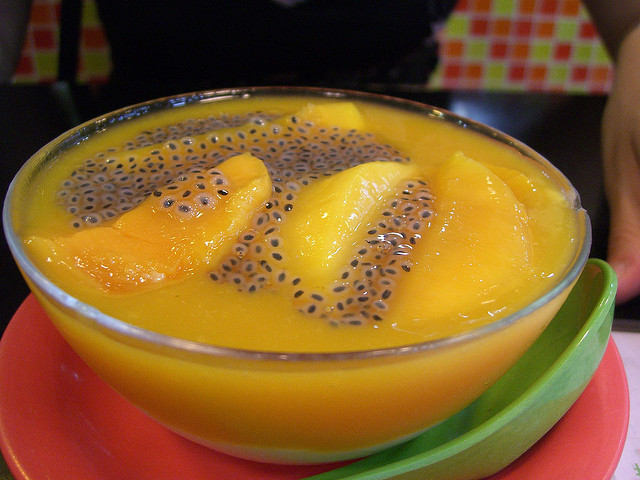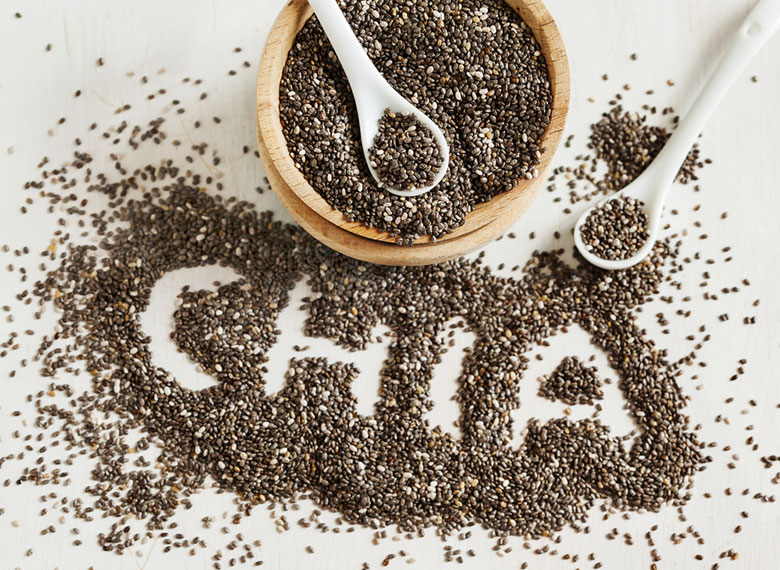7 AMAZING BENEFITS OF COCONUT WATER FOR HAIR AND SKIN

Let’s Go Coco-Nuts!
Coconut water has gained a sudden splurge of popularity thanks to its long list of health and beauty benefits. Its journey went from from being an exotic drink known just for thirst quenching and quick hydration to a popular health drink with a wide range of beauty benefits.
Coconut water is the clear juice found inside young green coconuts. Not to be confused with coconut milk: it is fat-free and low in calories.
Some interesting nutritional facts about coconut water:Coconut water has been around for ages and is a natural source of essential minerals, vitamins and electrolytes like sodium and potassium.
- This natural and light drink has sweet and slightly nutty taste.
- A cup or 240g of coconut water contains approximately 40 calories
- Unlike coconut milk, it contains no fat or cholesterol
- A cup contains easily digestible, natural sugars and carbs
- It is high in electrolytes like sodium and potassium
- It also contains Vitamin A, Vitamin C, Protein, Iron and Calcium, making it a complete nutrient package for the body
Here Are 7 Beauty Benefits Of Drinking Coconut Water:
1. ANTI-AGING
Coconut water contains anti-microbial powerhouse called lauric acid that helps protect against skin infections. It also contains protein called cytokines that is responsible for encouraging cell growth and cell activation.
They regulate signals in response to inflammation caused by acne and also have an anti-ageing effect on the skin. Both external and internal use can improve wrinkles, fine lines and dark spots.
2. FIGHTS ACNE
Coconut water is a natural way to get rid of those acne and blemishes. Topical application of coconut water all over the skin helps lighten blemishes and healing acne.Coconut water has anti-microbial and anti-fungal properties that reduces the risk of acne causing microbial infection and helps in getting a clear and flawless skin.
3. NATURAL CLEANSER & TONER
It works as a hydrating cleanser for sensitive skin. Dab some cotton in coconut water and use it for removing makeup.
Now take another cotton ball dipped in coconut water and gently move your hand in small circles all over your face.
The natural toner reduces the appearance of pores and naturally moisturizes your skin. It also helps in regulating the pH of the skin and keeps it well hydrated without excess oil.
4. PROTECTS AGAINST SUN DAMAGE
The anti-oxidant properties of coconut water along with its high levels of Vitamin C helps in reducing sunburn. Gently apply coconut water directly on skin, let the skin soak it and work its magic for the next 20-30 minutes, rinse your face with cold water and feel the difference. This is the simplest sunburn removal pack without harmful chemicals that even removes patchiness.
5. TAME FRIZZY HAIR
Unruly and frizzy hair can get a healthy boost by massaging with coconut water. Coconut oil can be a little heavy, but coconut water is light and works as a hydration serum for dry unmanageable hair. It makes your hair smooth, shiny and stronger.
6. REDUCES HAIR FALL
Coconut water is rich in Vitamin K and Iron. Vitamin K is essential to promote healthy hair growth and stop hair fall.
Similarly Iron carries the oxygen to the roots making them stronger and reducing hair fall. Just massage your hair with coconut water and leave it in for stronger hair.
7. HELPS TREAT DANDRUFF & DRY SCALP
Coconut water works as a deep moisturizer and hydrates dry scalp to effectively treat dandruff. It is anti-fungal in nature, helping you to get rid of dandruff.










